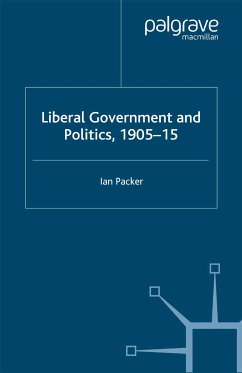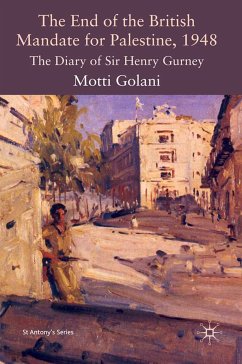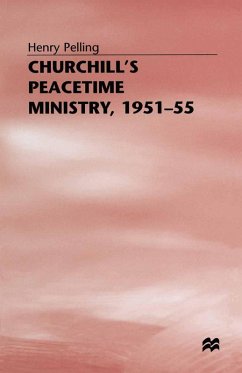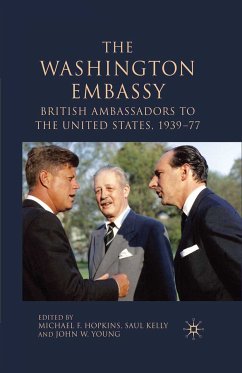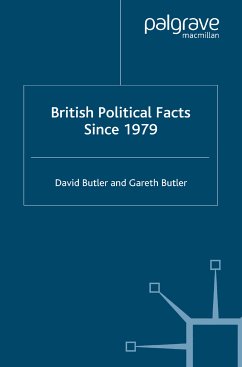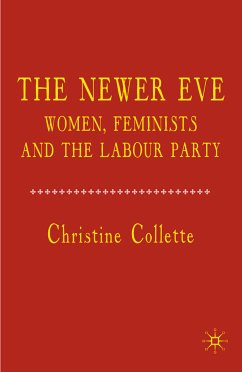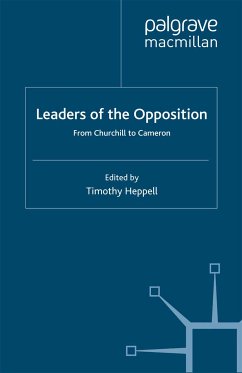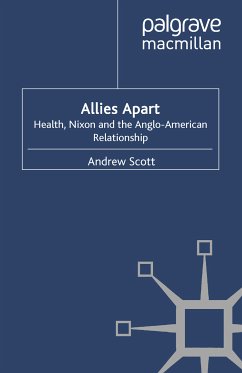Dieser Download kann aus rechtlichen Gründen nur mit Rechnungsadresse in A, B, BG, CY, CZ, D, DK, EW, E, FIN, F, GR, HR, H, IRL, I, LT, L, LR, M, NL, PL, P, R, S, SLO, SK ausgeliefert werden.
'...this slim yet thoroughly-researched book breaks significant new ground...this is a book that should appeal to anybody interested in the history of the Liberal Party, and one which will be of considerable utility in a teaching context.' - Paul Readman, Journal of Liberal History

